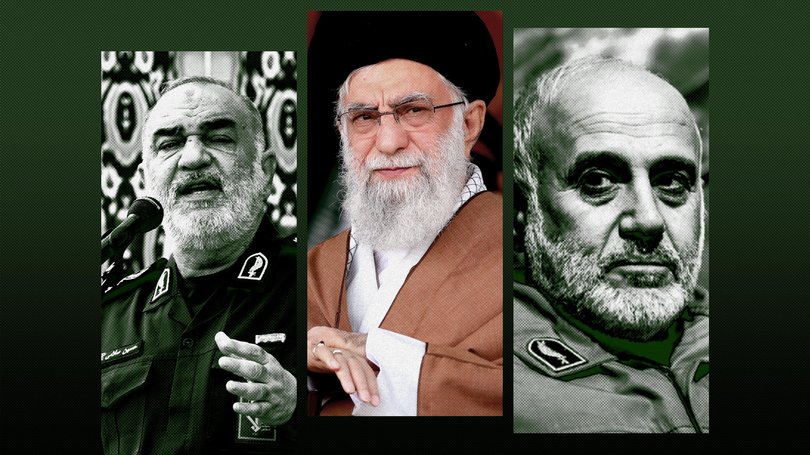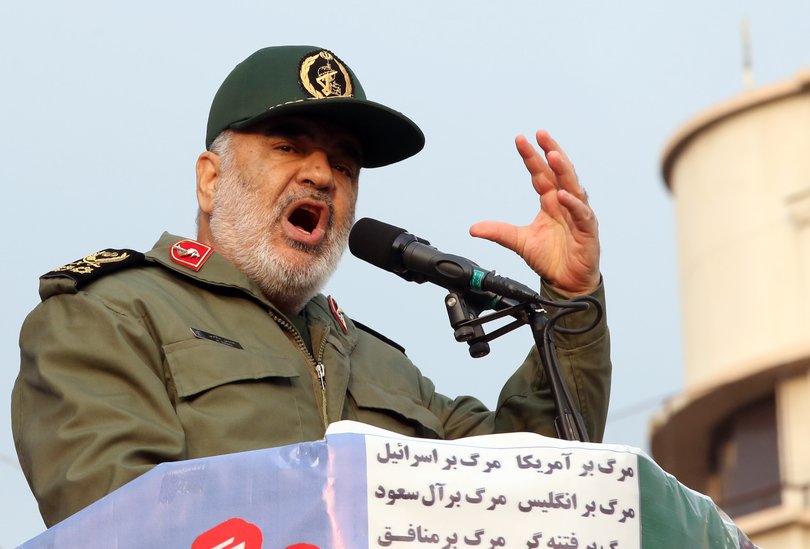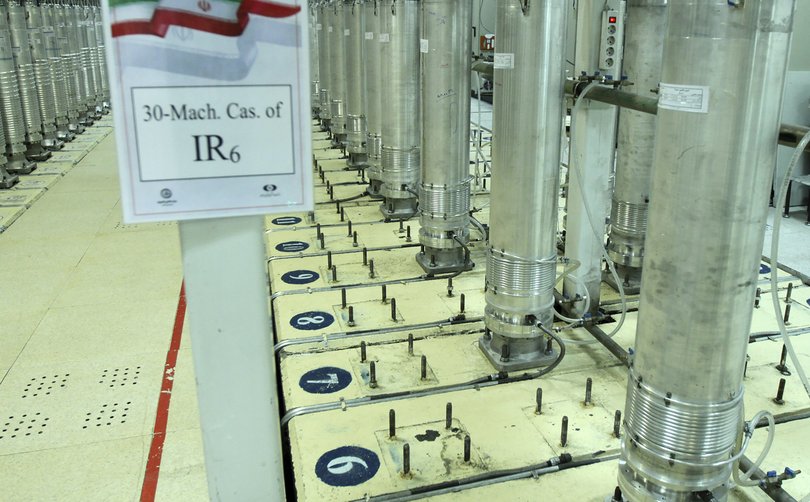AARON PATRICK: The Middle East is on the brink of wider war after Israel strikes Iran atomic facilities
AARON PATRICK Israel’s devastating attack on Iran could trigger a response that drags Saudi Arabia or the US into the conflict.

The Middle East stands on the brink of war.
Israel’s bombing of its intractable foe will persist for days until it is convinced the Iranian nuclear threat is eliminated.
The death of its senior military leaders, destruction of many of its ballistic weapons, and significant damage to its nuclear plants will not prevent retaliation by Iran. Smashed by its Jewish rival, the Islamic state will lash out.
Sign up to The Nightly's newsletters.
Get the first look at the digital newspaper, curated daily stories and breaking headlines delivered to your inbox.
By continuing you agree to our Terms and Privacy Policy.The question for the region, and the world, is: how far will Iran go to avenge its humiliation?
US consent
The conflict is not as simple Israel versus Iran.
Despite protesting that it had nothing to do with Israel Prime Minister Benjamin Netanyahu’s decision, the US almost certainly approved the attack, according to a source familiar with US-Israeli relations.
Despite its formidable defence force, Israel is not strong enough to fight another war without US support, both military and diplomatic.
It needs US bombs and missiles, and America’s protection in the United Nations Security Council.
Which makes President Donald Trump Israel’s undeclared partner in war, and explains why some US military personnel left the region before and the US ambassador, Mike Huckabee, issued a warning 30 minutes before the night-time attacks.
The surviving Iranian leadership must know this. After all, when Mr Trump opened negotiations with them, he set a two-month deadline. That deadline expired yesterday.
The deaths are devastating for Iran’s war machine.
They reportedly include the chief of staff of the armed forces, Mohammad Bagheri; the head of the Islamic Revolutionary Guard Corps (a military force separate to the army), Hossein Salami; the deputy of the armed forces, Gholam Ali Rashid; the head of Islamic Azad University, nuclear scientist Mohammad Mehdi Tehranchi; and Fereydoun Abbasi, a former chief of the Atomic Energy Organisation of Iran.

Israel’s fate
Supreme Leader Ali Khamenei promised “the Zionist regime” a “bitter and painful fate”.
He could try a repeat last October’s attack, when some 200 missiles rained down on Israel and did little more than damage a few buildings and an airport taxiway.
Or the ayatollah could ratch up global tensions.
One option is punishing the US by going after American soldiers and diplomats, including the large US embassy in Iraq, which is under Iranian influence.
Another is to attack Saudi Arabia oil plants and pipelines, which produce 11 per cent of the world’s oil.
Saudi Arabia is regarded as a soft target. Despite billions spent on US air defences, their effectiveness against an attack by Yemen’s Houthi rebels in 2022 was less than 50 per cent, according to military analysts.
Destroying or damaging Saudi oil plants would likely trigger a spike in oil prices, pushing up the cost of petrol from Washington to Perth.
A regional war would have global impact.
Getting the bomb
Whether Iran was on the cusp of creating a nuclear bomb is in dispute.
The Australian-Israel Jewish Affairs Council said on Friday, citing the International Atomic Agency, that Iran had enough enriched uranium to produce the core materials for at least 10 bombs within a week or two.
That is not the same as creating a bomb, or attaching one to a missile.
How close that moment may have been is unclear, but in February US intelligence agencies reported a covert team of scientists was developing a quicker, though cruder, path to an atomic weapon.
In May, the International Atomic Agency said Iran had carried out undeclared nuclear activities at three previously unknown bases, which have presumably been or will be struck by the Israeli air force.
Across the sliver of a state, most Israelis will be staying close to bomb shelters on Friday, a non-working day. Even though they are targets of Iranian bombs once again, Israelis support the war against Iran.
That’s because, when Iran’s leaders say they want to destroy the Jewish state, they believe them.


